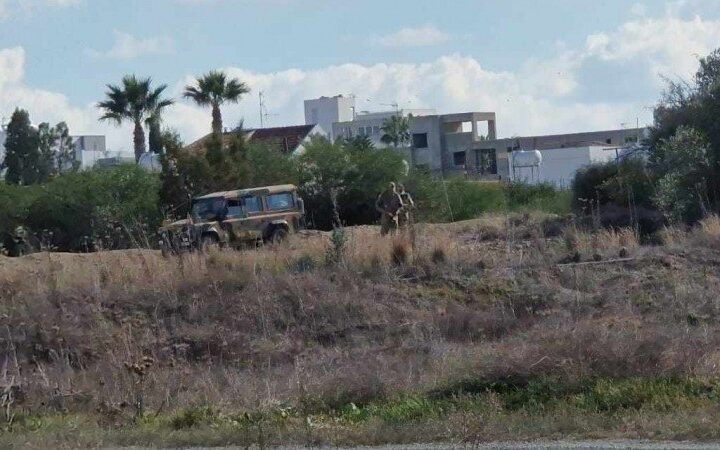By Nikos Moudouros
While Ankara deploys a seek and destroy mission to blast Mustafa Akinci out of the Turkish Cypriot leadership race, it is causing the biggest political crisis in the occupied north since the 2004 Anan Plan referendum.
Ankara has decided to go nuclear on Akinci with Turkish officials fearing him to be a credible threat to their broader geopolitical plans.
Turkey Foreign Minister Mevlut Cavusoglu chose the nuclear option when branding him “untrustworthy” and a “supporter of terrorism”.
Devlet Bahceli, head of the Nationalist Movement Party (MHP) which backs Turkish President Recep Tayyip Erdogan called him a “traitor” and “behaving like a Greek Cypriots”.
Ankara attacked Akinci after an interview he gave to British newspaper The Guardian, where he said that Turkish Cypriots oppose Ankara’s meddling in their affairs, and he regards the possible annexation of the north as a “nightmare scenario”.
One must keep in mind that this is not the first time Akinci has made such statements.
However, the pre-election period has facilitated Ankara’s attacks and the polarisation between the supporters of the Turkish Cypriot leader’s positions and Turkey.
Ankara perceives Akinci as the one politician who could challenge Turkey’s geopolitical plans but also influence the relationship Turkey has with the Turkish Cypriots.
Akinci has delivered direct hits to the geopolitical vision of Turkey, which is supported by far-right circles in Turkey. These circles perceive Turkish Cypriots as an integral part of the Turkish nation.
Akinci and his supporters refuse to make compromises on their views of “Cypriotness”.
Annexation, as it would appear, is one of Turkey’s hidden agendas.
It has never officially mentioned annexing the north of Cyprus, but developments on the ground are leading to this.
Without a solution to the Cyprus problem, the Turkish occupied north will one day become a de facto Turkish province.
Already, Turkey has control over many aspects of Turkish Cypriot’s daily life.
The nightmare scenario for Akinci and his supporters is to see Turkey’s political system transposed to Cyprus.
That would mean Greek Cypriots waking up to find a ‘little Ankara’ next door. A little Ankara which would have all the characteristics the Turkish state has today.
For the Turkish Cypriots, this would spell disaster as they will slowly lose their identity as a separate political entity.
It is worth noting that intensified meddling in the affairs of the Turkish Cypriot community has boosted resistance to such a scenario.
The truth of the matter is that Akinci’s newspaper interview would not have raised so much attention if Turkish politicians had not attacked him as they did.
Discontent towards Ankara
However, Akinci is aware of the growing discontent towards Ankara and wants to build on it.
During his latest rally, to officially announced he will be running in the April elections, Akinci said that he does not want the votes of those who agree with the “political lynching” of the outspoken Afrika newspaper.
The paper was physically attacked by members of organisations affiliated with Erdogan’s AK Party.
By saying what he did, Akinci distanced himself from AKP organisations and supporters.
While this may seem to be in Akinci’s favour, there is another view that is gaining ground among Turkish Cypriots, and that is the demand for them to be independent of both the Greek Cypriots and Turkey.
This position is gaining momentum and is being put forward more strongly.
Of course, this is the most far-fetched scenario.
Meanwhile, Akinci is probably the last Turkish Cypriot politician, who due to his age and personal experience, who represents the generation who lived through the island’s transition from a unitary state to partition.
He is among the last politicians to witness the birth and maturing of the demand for a solution to the Cyprus problem based on a bizonal federation.
That is why Akinci is the politician who is speaking clearly in favour of a federal solution.
Akinci’s is scoring some points with people on the left, but at the same time, it is costing him support from people on the centre-right.
Despite the main opposition party, the social-democrat Republican Turkish Party (CTP) supporting its leader Tufan Erhuman in the elections, Akinci also appeals to its voters.
The major difference between this vote and all previous elections for the Turkish Cypriot leader is that they have less to do with the Cyprus problem and more to do with how Turkish Cypriots perceive their relationship with Turkey.
The writer is a Lecturer Department of Turkish and Middle Eastern Studies University of Cyprus










